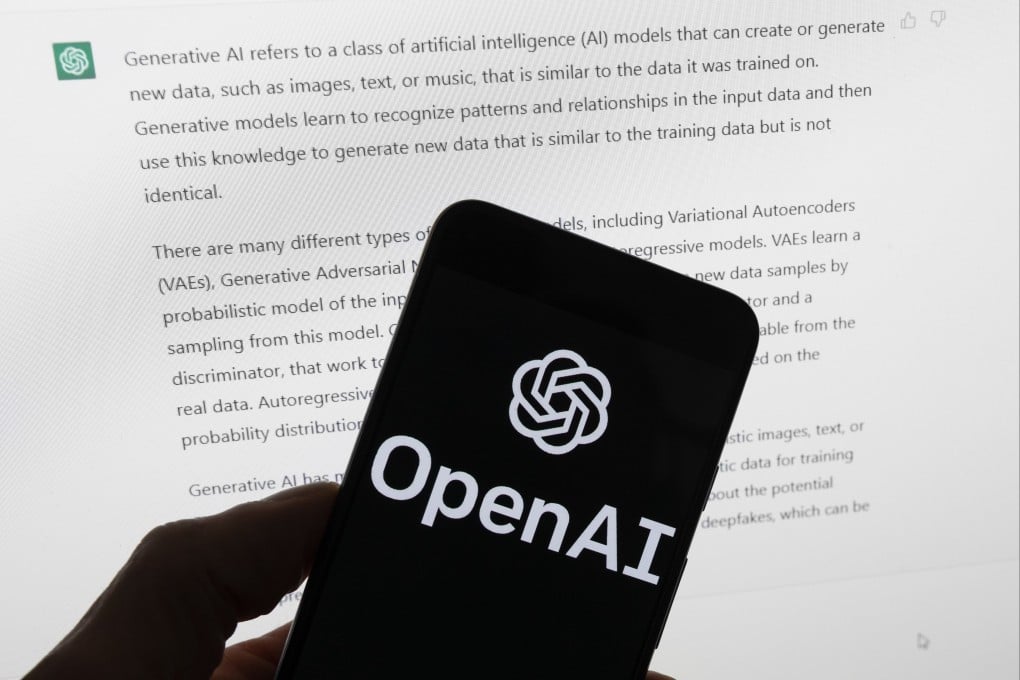Advertisement
Several Chinese AI experts back call by Musk and others for a pause in rapid development of ChatGPT technologies
- Several experts in mainland China and Hong Kong have expressed support for open letter, saying concerns about AI race need to be addressed
- Experts say ChatGPT technologies need to be developed ‘safely, reasonably, and ethically’ and this requires more scrutiny
Reading Time:3 minutes
Why you can trust SCMP
18

Ben Jiangin Beijing
A group of mainland Chinese and Hong Kong artificial intelligence (AI) experts have joined calls by some global tech veterans to pause development of AI technologies more advanced than GPT-4, warning that the current rate of progress is “too fast”.
The Future of Life Institute (FLI), a research facility that researches technological risks to human society, drafted an open letter last month that counts Tesla’s Elon Musk, Apple co-founder Steve Wozniak and published historian Yuval Harari among its thousands of signatories. It says the current AI race is dangerous and calls for the creation of independent regulators to ensure future systems are safe to deploy.
Although some practitioners have criticised the letter for sowing fear about the future of AI, several experts based in mainland China and Hong Kong have expressed support, saying it is important to address concerns about ChatGPT, the AI-powered chat bot developed by Microsoft-backed OpenAI that uses the GPT-4 large language model (LLM).
Advertisement
Since long before the November launch of ChatGPT, there has been open debate about whether AI would one day outsmart human beings.
Cai Hengjin, a professor at the Artificial Intelligence Research Institute at Wuhan University, says the advent of ChatGPT has smashed the arguments of those who thought this could never happen.
Advertisement
Advertisement
Select Voice
Select Speed
1.00x